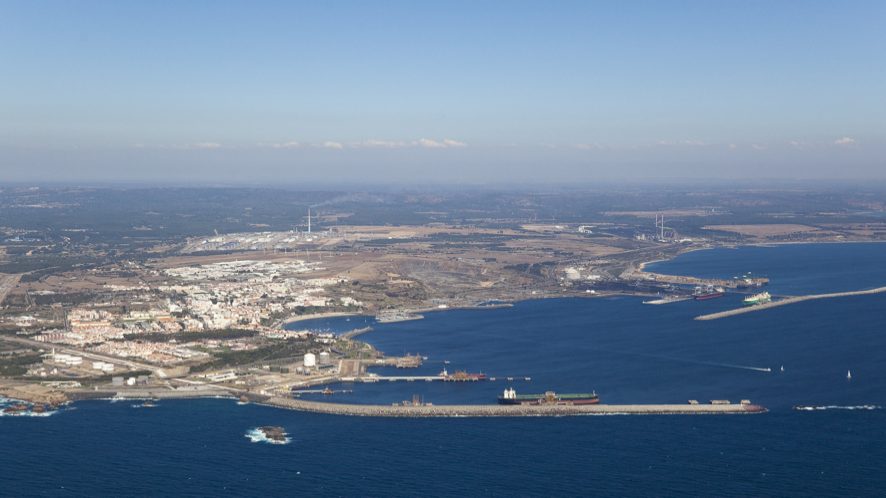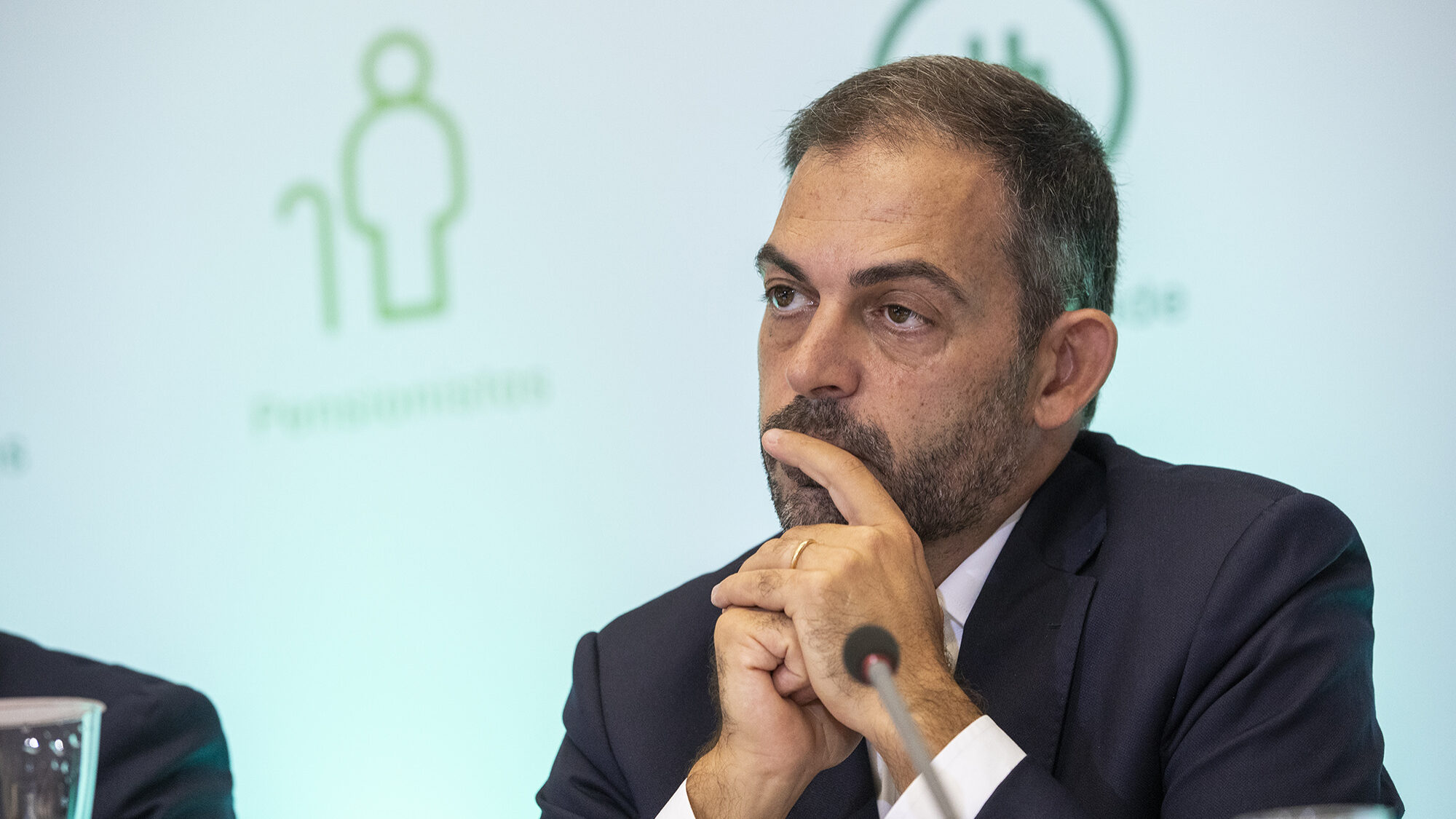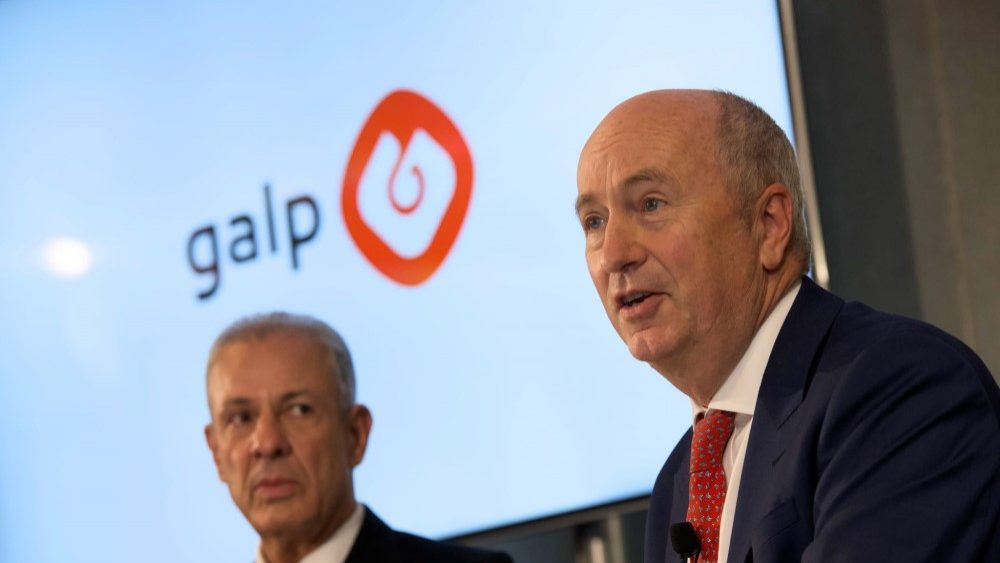Government hopes to continue Iberian mechanism for gas prices
At stake is the temporary Iberian mechanism to put limits on the average price of gas for electricity production, which in the case of Portugal and Spain is around €60 per per Megawatt-hour.
Portugal’s government said on Thursday it was “evaluating” with the European Commission the continuity of the Iberian mechanism, which limits the price of gas for electricity production, given the new instrument in the European Union (EU), hoping for its maintenance.
“We are still evaluating. When we created our mechanism and had it approved, there was no European mechanism, and now there is, and we are evaluating the situation,” said the secretary of state for environment and energy, João Galamba, speaking to Portuguese journalists in Brussels at the end of an extraordinary meeting of European ministers.
“When we approved our mechanism, it was approved for two reasons, because there was no European mechanism and because the Iberian Peninsula was an energy island and had poor interconnections. As the context has changed, we obviously have to update our arguments in light of the new context”, he added.
Even so, João Galamba said that the government “likes the Iberian mechanism” and considers that”it works and fulfils its objectives”.
This is the reason why “everything indicates that it will continue, but that decision has not yet been taken”, he said.
At stake is the temporary Iberian mechanism in force since mid-June to put limits on the average price of gas for electricity production, which in the case of Portugal and Spain is around €60 per Megawatt-hour.
This instrument was requested to Brussels by Portugal and Spain last March due to the energy crisis and the Ukraine war, which put even more pressure on the energy market.
João Galamba’s position was delivered on the day when EU energy ministers discussed the creation of a market correction mechanism to limit excessive gas price spikes, presented this week by the EU executive and which has generated criticism among the 27.
At issue is a “measure of last resort” to address situations of excessive natural gas prices by setting a maximum dynamic price at which natural gas transactions can take place one month in advance on the markets of the TTF, the main European natural gas exchange.
The European Commission’s proposal then provides for a temporary “safety cap” to control gas prices in the TTF, and this limit will require permanent monitoring and will only be activated in the face of two conditions: prices of above 275 euros for a fortnight and when the value is 58 euros higher than the reference price for liquefied natural gas (LNG) for 10 trading days.
The Title Transfer Facility, more commonly known as TTF, is a virtual trading point for natural gas in the Netherlands. This trading point provides a facility for several traders in the Netherlands to trade futures, physical and exchange trades.
Although natural gas prices have been between €5 MWh and €35 MWh in the last decade, the values negotiated in the TTF one month in advance have recently been above €200 /MWh and peaked at almost €314/MWh last August. However, even then, the proposed correction mechanism could not have been activated since the two conditions stipulated by Brussels were not met.
The EU executive wants to go ahead with this temporary mechanism to limit prices in the TTF while working on a new complementary reference index, which it will present in early 2023 to include real European market conditions, such as the use of LNG.
Geopolitical tensions due to the war in Ukraine have affected the European energy market since the EU depends on Russian fossil fuels, such as gas, and fears supply cuts this winter.


